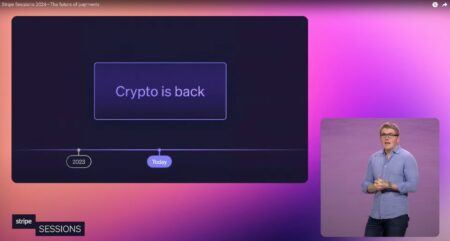Etherscan, one of the most popular block explorer for the Ethereum blockchain, has released a search engine for the decentralized web supporting decentralized .crypto, .eth, and .zil websites.
According to a blog post the firm published, the new search engine was launched to help users discover uncensorable websites, which have “long been touted as one of the potential uses for Ethereum.”
The search engine, Blockscan, currently supports three popular blockchain domains and comes with a directory of 150 known websites users can explore. Etherscan is asking for users to submit their uncensorable websites to expand the list.
Happy to announce a (soft) launch of @BlockscanHQ!
The search engine for a decentralized web. Explore websites on .eth, .crypto and .zil domains, with more to come 🔎https://t.co/OlJ50cpe56
Blog post 👇 pic.twitter.com/PyK8zoHHRm
— Etherscan.io (@etherscan) June 11, 2020
The blog post explains that a decentralized website is one hosted on the InterPlanetary File System (IPFS). The webpages of these websites are hashed and stored by multiple nodes connected to the network, so if one node fails or gets blocked, others can serve the same data.
Services such as ENS and Unstoppable domains have already helped make these IPFS-based websites easier to use with the launch of .eth and .crypto domains, making them easily readable instead of being long-winded IPFS hashes. When .crypto domains were launched, Unstoppable domains noted:
The current internet is full of gatekeepers who control our behavior, and who lock us in and out of our digital lives. .Crypto was built to give freedom back to users. You decide what to publish and what transactions you engage in on the internet. No company or 3rd party, including Unstoppable Domains, can take away your domain.
Some browsers already support decentralized websites. The Opera browser, which has launched a built-in cryptocurrency wallet supporting BTC, ETH, and TRX, has partnered with Unstoppable domains to allow users to register .crypto domains names and wallet addresses to easily send and receive cryptocurrency.
As CryptoGlobe reported, back in April Etherscan launched a tool to help identify tainted ether addresses, called ETHProtect. The tool uses a so-called Taint Inference Analysis Engine, which according to Etherscan can “modify parameters and identify tainted addresses for each unique scenario as addresses can be compromised under various circumstances. The system is complemented with an off-chain database of addresses.
Featured image via Pixabay.








